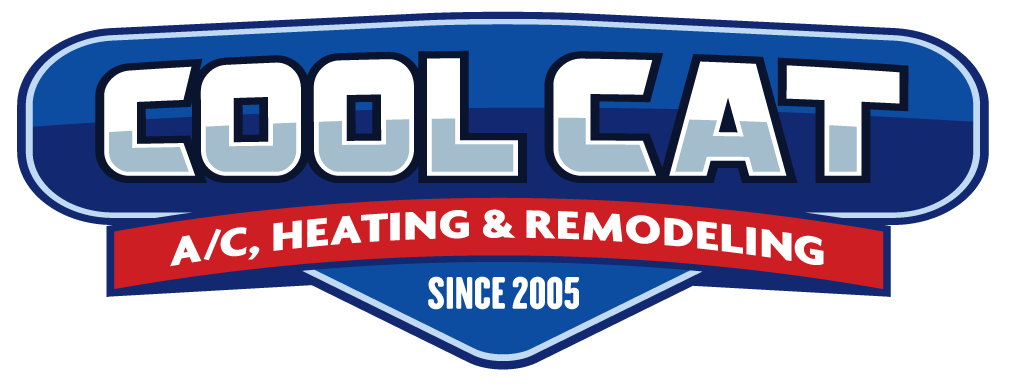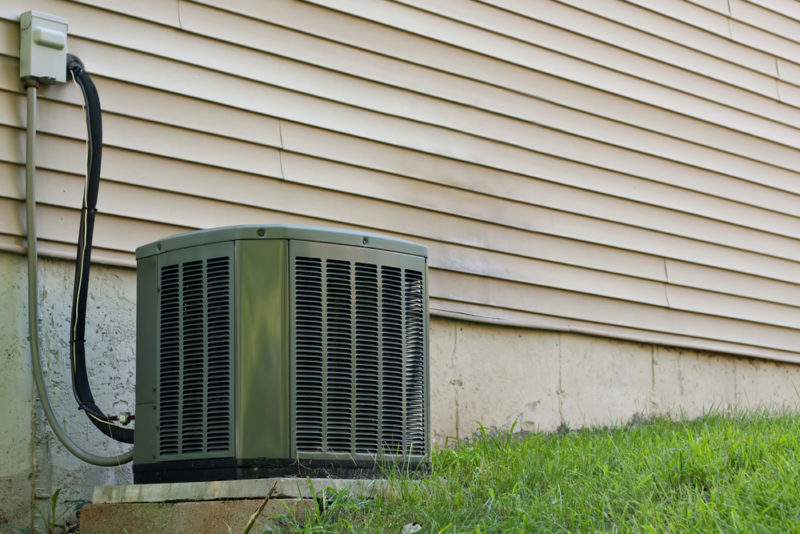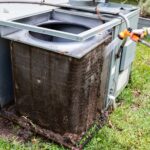Is the air conditioner in your Round Rock, Texas, home shutting on and off more frequently than it should? This condition is called short cycling, and it has a variety of causes. If your unit is short cycling, it’s important to check your evaporator coil, change your air filter and make sure your unit is sized correctly.
What’s Short Cycling?
Short cycling occurs when your air conditioner turns off before it completes a cycle. It affects the comfort levels of your home, causes wear and tear on your HVAC system, and drives up utility bills. If your unit is short cycling, try to figure out the cause quickly to prevent long-term damage to your unit.
Size Your HVAC System Correctly
An oversized HVAC unit will cool your home too quickly and shut off before adequate dehumidification can take place. Speak to one of our HVAC service technicians to ensure your current unit is the right size for your home’s square footage and design. If it’s not, consider replacing it with a properly sized unit. As a result, you’ll improve efficiency and save on your energy bills.
Check Your Evaporator Coil
Frozen evaporator coils can cause short cycling. When they’re covered in ice, evaporator coils can’t remove heat from your home, and your HVAC unit will shut off too quickly. The most common cause of a frozen evaporator coil is lack of proper maintenance. Having your unit serviced regularly is the best way to minimize the chances of your evaporator coil freezing.
Change Your Air Filter
A dirty air filter can cause short cycling. Clogged air filters restrict airflow. As a result, they force your air conditioner to work harder to cool your home. A dirty air filter puts excess pressure on HVAC components, such as the blower, air handler and compressor, leading to short cycling and overheating. Change your air filter every one to three months to keep your system functioning efficiently.
Cool Cat AC & Heating can get your HVAC short cycling under control. Don’t wait. Give us a call today at (512) 775-2591.
Image provided by Shutterstock









